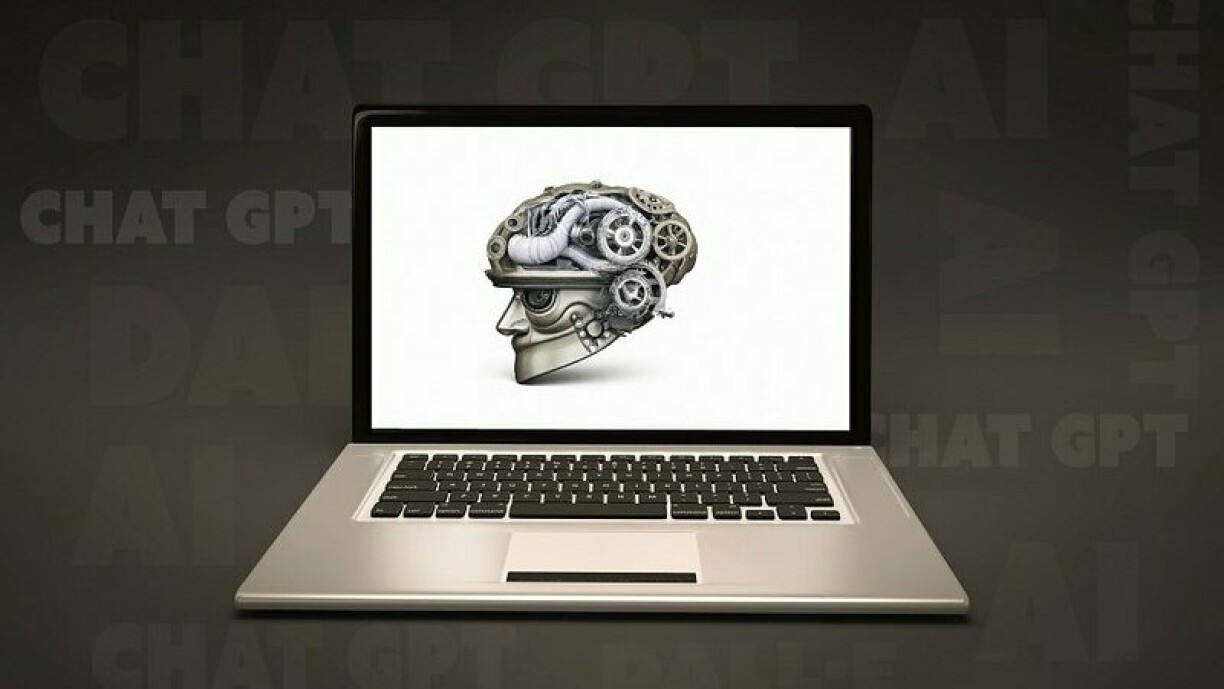
ChatGPT is a chatbot, an application able to communicate with humans thanks to artificial intelligence. Users can ask random questions which the bot answers as a normal person would. And this can be scary at times since it is becoming increasingly difficult to recognise a difference between man and machine.
Opinion: My art will go on – Why AI won’t replace artists
Benoît Majerus teaches history at the University of Luxembourg and has tested ChatGPT for us. He asked the application to write a text on Luxembourgish history in the 20th century, all in Luxembourgish of course.
“The first text that came up was about half a page and I was surprised at first that the programme actually understands Luxembourgish and is also able to respond in Luxembourgish. Its answer was mainly focused on political history, so both World Wars instead of Luxembourg and European integration.”
When Majerus then asked for a longer text, the application began integrating social elements from Luxembourg’s 20th century history, such as the equality between women and men.
Majerus explained that the corpus used by ChatGPT is limited: “When I asked for a longer text, many repetitions started appearing. This means that it only has few elements at the moment. And ChatGPT then naturally reproduces those narratives that are most commonly found on the web. Because that’s on what its corpus is based, not necessarily on what the most dominant opinion among historians is.”
To prevent the tool from including unwanted content such as sexism or racism in its texts, developers from OpenAI built in protective mechanisms when creating ChatGPT. At present, the application can still be used for free, but plans are to charge for its services in the future.
Majerus thinks it is difficult to assess whether or not this new technology bodes ill or well for research and education. Before coming into use in these areas, it first needs to be understood exactly how the bot operates.
“I can for instance imagine that we will start out from the ChatGPT text in the class on Luxembourgish history for years to come. And then work out with students which elements in the text are problematic and which are missing. This by doing the work of a traditional historian who looks at secondary literature.”
This would be one way of integrating ChatGPT into the curriculum. However, caution is still needed as not all of the information contained in the AI texts is correct. At the moment, the application’s knowledge only goes as far as 2021.